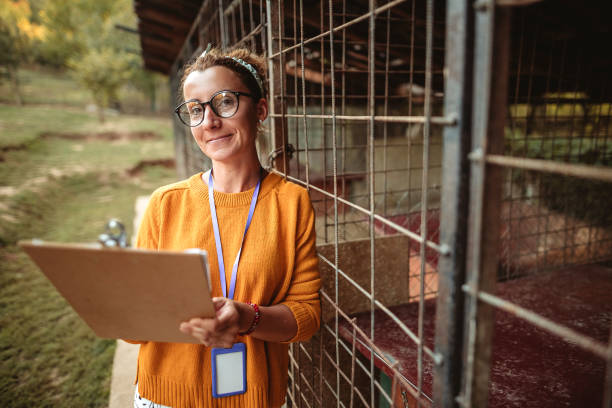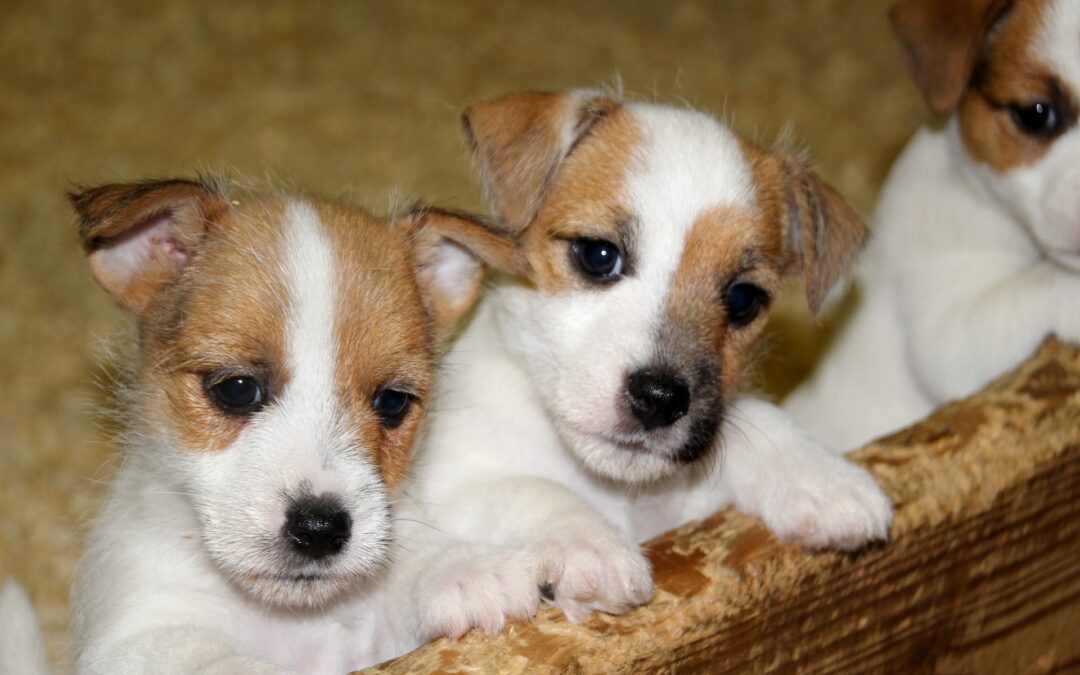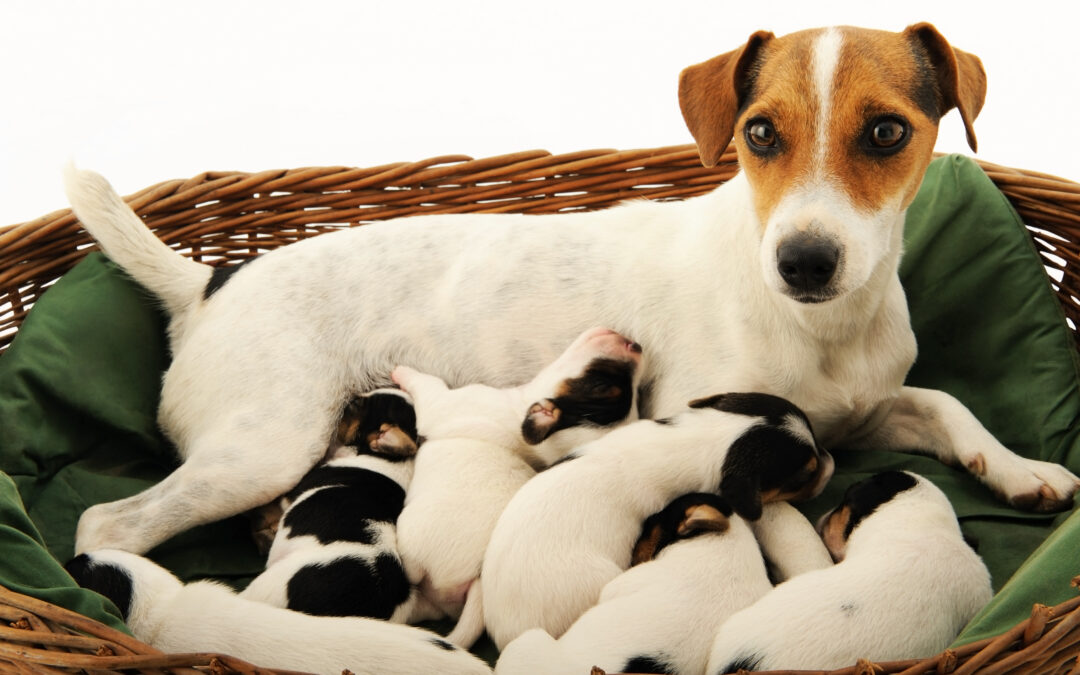Field assessments of the health and welfare of kenneled dogs (Canis lupus familiaris) must be both accurate and rapid. In order to facilitate such evaluations, especially by individuals with limited training in canine behavior and welfare, a non-invasive tool was developed and pilot-tested utilizing dogs housed in commercial breeding facilities. World Pet Association, Pet Food Institute Continue Reading Evaluating FIDO: Developing and Pilot Testing the Field Instantaneous Dog Observation Tool – CRONEY RESEARCH GROUP
Disposal of dogs retired from commercial breeding facilities presents a scientific and ethical problem. This pilot study aimed to develop criteria for identifying commercial breeding (CB) dogs likely to be at risk for problems during transitioning to rehoming, and to identify breeder practices associated with higher and lower risk. Stella J., Shreyer T., Ha J., Croney C. (2019). Improving canine welfare in commercial breeding (CB) operations: Evaluating rehoming candidates. Journal of Applied Animal Welfare Science, 104861. Stanton Foundation Continue Reading Improving Canine Welfare in Commercial Breeding (CB) Operations: Evaluating Rehoming Candidates – CRONEY RESEARCH GROUP
Arrazola, A., Rezvani, T., & Croney, C. (2022). Meeting the behavioral needs of kenneled dogs. Purdue University Extension. Retrieved December 14, 2022, from https://www.extension.purdue.edu/extmedia/VA/VA-36-W.pdf Continue Reading Meeting the Behavioral Needs of Kenneled Dogs – CRONEY RESEARCH GROUP
Elischer, M. (2022, January 21). The five freedoms: A history lesson in animal care and Welfare. 4-H Animal Science. Retrieved May 18, 2022, from https://www.canr.msu.edu/news/an_animal_welfare_history_lesson_on_the_five_freedoms Continue Reading The Five Freedoms: A History Lesson in Animal Care and Welfare
Romaniak, A., & Croney, C. (2022). Prenatal stress and puppies: Implications for dog welfare in commercial-breeding kennels. Purdue University Extension Education Store. Retrieved January 2, 2023, from https://edustore.purdue.edu/item.asp?Item_Number=VA-35-W Continue Reading Prenatal Stress and Puppies: Implications for Dog Welfare in Commercial-Breeding Kennels – Croney Research Group
Society for Theriogeneology and American College of Theriogeneologists. (n.d.). SFT/ACT Position statements – WELFARE OF BREEDING DOGS. Retrieved May 18, 2022, from https://www.theriofoundation.org/?page=Positionstatements Continue Reading Society for Theriogenology/American College of Theriogenology Position Statements





